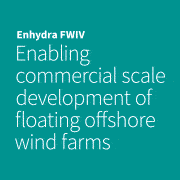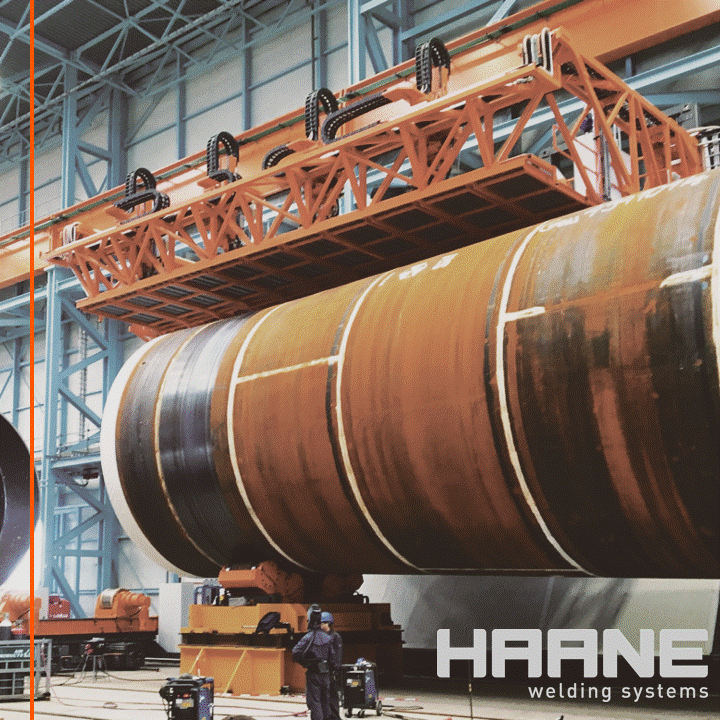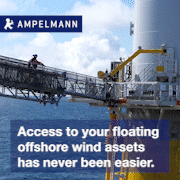With more than 140 vessels currently in its portfolio, Germany based BBC Chartering is a global leader in the heavy lift and multipurpose tonnage segment, offering vessels ranging from 3,500 to 37,300dwt. It operates the single largest fleet in the market with lifting capacities reaching up to 800mt.
Founded in 1997, BBC Chartering can be considered a young company. And as a consequence of its attractive fleet and service concept the company grew quickly from operating ten vessels in the beginning to today’s extent.
The company plays an important role as high quality carrier serving the energy industry and other clients that seek to ship project, break bulk, or heavy lift cargoes. PES talks to Raymond Fisch, Senior Vice President of BBC Chartering, about current trends in the project shipping business and how the company seeks to create value in the future.
PES: Welcome back to PES. It has been a while since we last spoke. Can you tell us how the global financial crisis impacted the project shipping segment in general? Would you speak of a recovery?
Raymond Fisch: The project cargo market was impacted by the global crisis, although due to a strong project pipeline for project cargos this segment was hit with a time lag. When most other shipping segments collapsed in late 2008 project cargo transport still profited from the pressure in the project pipeline.
Later in 2009 the project cargo market lost momentum while other shipping segments started to recover. Today we see a recovering demand situation for multipurpose and heavy lift vessels. However, it might be too early to speak of a real recovery since we can observe that the growth of shipping capacity on the supply side, especially in the heavy lift segment, still exceeds the demand for it.
In general, we still encounter intense competition for cargoes in our market segment. Besides the existing tonnage, container and dry-bulk vessels seek employment in the project cargo market and keep the rates low. We expect the new-building tonnage that comes on the market within the next few years will likely exceed the required scrapping of tonnage. This means that today and in the foreseeable future we can still expect a lot of pressure on the rates. In addition to that, the high volatility of fuel prices puts additional pressure on carriers in this segment.






























